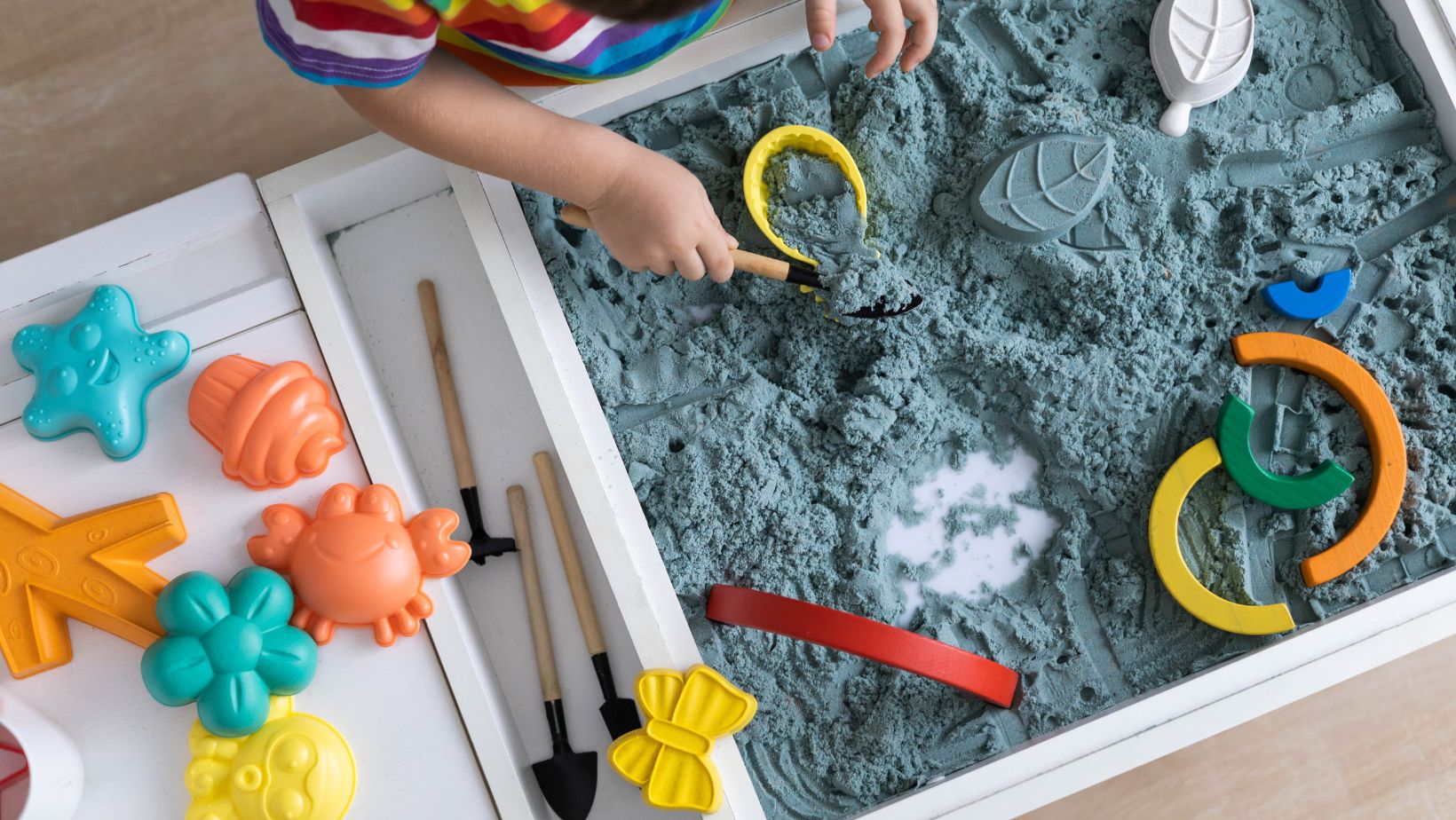Many people view board games as a form of entertainment that brings friends and family together for fun and friendly competitions. But beyond just your regular play, have you ever considered that this activity has a way of affecting your mental growth? Indeed, it can serve as a way to develop critical thinking and problem-solving skills. Are you interested in finding out how this is possible? If so, continue reading to learn more about it.
Why Critical Thinking and Problem-Solving Skills Matter
Let’s look at the difference between these two cognitive skills. For critical thinking, it involves the ability to analyze and evaluate information to make a well-reasoned judgment. You can go as far as questioning assumptions, identifying patterns, and considering multiple perspectives. It’s more or less like thinking as a detective. On the other hand, problem-solving focuses on understanding challenges and finding solutions to them.

Don’t get it wrong: the two are different, but they go hand-in-hand since critical thinking is the foundation for approaching problems logically. Together, they can help you fix complex situations and make informed decisions in various aspects of life.
Now, let’s look at the following ways in which board games can improve your skills.
The Role of Strategy in Board Games
When playing board games, strategy is involved, which can help sharpen your critical thinking. Options such as chess, Risk, and Catan are prime examples. Others include dice and table games, which you’ll find at casino verde. In these games, you must plan, assess the risk, and anticipate your opponents’ moves to win.
For instance, in chess, you must think several steps in advance to outsmart your challengers. This applies to both offensive and defensive strategies. Meanwhile, in Risk games, there’s the need to assess global positioning and weigh battles to conquer your enemies. This can lead to excellent decision-making.
Another notable mention is Catan, where you have to manage resources and predict your competitors’ actions to build the best settlements. Your strategies will force you to think logically and make the best moves in the long run.
Encouraging Analytical Thinking
To promote your analytical thinking, games like Clue and Sherlock Holmes Consulting Detective are excellent choices. You have to deduce information to solve a mystery or challenge. The process involves thinking like a police detective solving a crime.
Consequently, you gather clues and arrive at rational conclusions based on available data. This will not automatically make you an investigator capable of handling real crimes, but it will help you become a problem-solver for minor issues.
Promoting Adaptability and Decision-Making
Have you ever been in a position where, due to the environment’s circumstances, you have no choice but to adapt? Board games can help you in that aspect as well. Playing titles like Pandemic and Betrayal at House on the Hill grants that opportunity. You must continuously adjust to changing scenarios and unexpected events, requiring you to think independently.
In a Pandemic, the disease forces you to reassess your strategies and make quick decisions to prevent a global outbreak. Meanwhile, in Betrayal at House on the Hill, you complete objectives and survive as a traitor or a group of heroes.
Fostering Collaboration and Communication
There are cooperative board games in which you and other players work together toward a common goal. This can undoubtedly lead to good alliances. Cooperative board games emphasize teamwork, negotiation, and shared problem-solving.
Examples of games in this regard are Codenames, Forbidden Island, and Gloomhaven. Codename involves communicating effectively to give and interpret clues. In Forbidden Island, you and your team must strategize and coordinate moves to retrieve the treasures before the island sinks.
Similarly, in Gloomhaven, you and your team collaborate on quests to succeed. Through these titles, you can develop strong interpersonal skills. Over time, you learn how to negotiate and support one another.
Developing Creativity Through Play
You can also boost your creativity skills with the help of board games. Some popular titles require imaginative thinking, and Dixit and Pictionary are good examples. Dixit uses abstract images to tell stories, while Pictionary involves creating and depicting words for others to guess.

Interesting. From experience, these activities allow you to learn new words and think outside the box. That’s because you use verbal and visual creativity to solve problems. By being a creative problem-solver, you’ll always have fresh perspectives and alternative solutions to tackle challenges.
Become Smarter by Playing Board Games
Ultimately, board games are more than just a source of entertainment. They can be valuable tools for stimulating critical thinking and problem-solving skills. Therefore, the next time you explore and play these titles, ensure you challenge your mind and engagingly encourage learning.
